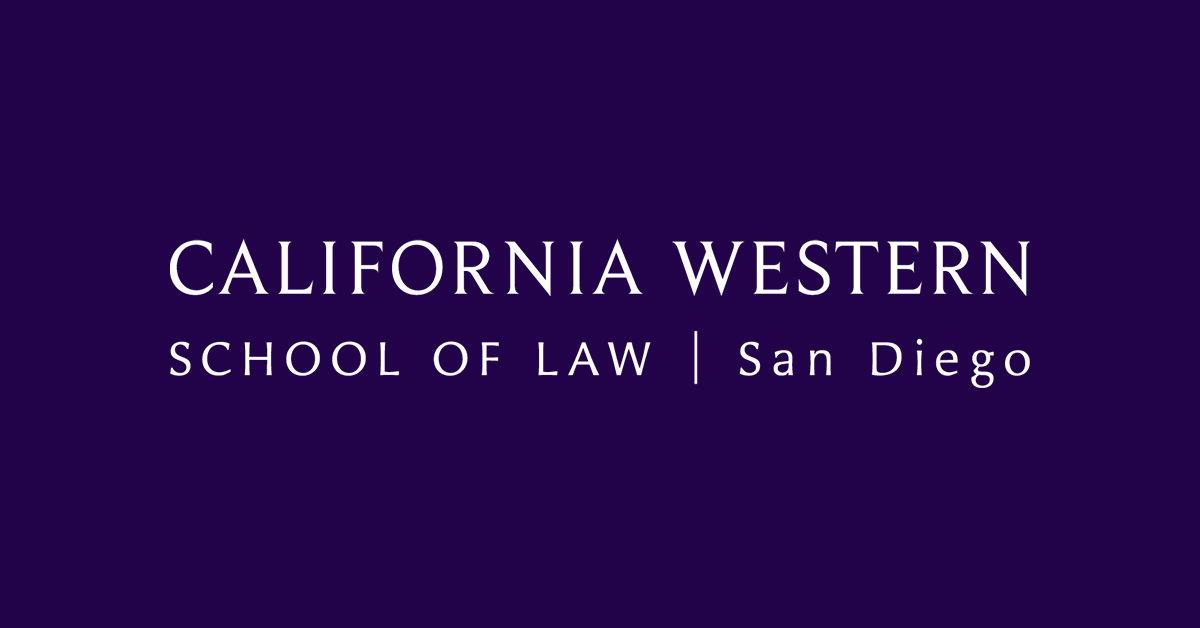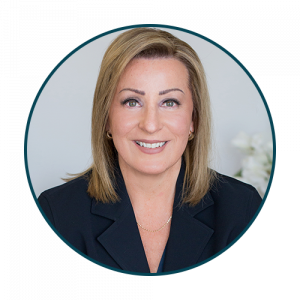Immigration waiting periods, enabling legal re-entry into the United States typically last between 18-24 months.
For one Mexican woman, this timeframe was potentially heartbreaking. Her husband was dying of Stage 4 brain cancer and was in hospice care in the U.S. He had been given weeks to live by his doctors.
The couple had consulted an unlicensed notario who had bungled the case, compromising the woman’s ability to gain legal status.
There seemed little hope.
For the couple’s 26-year-old son, however, all was not lost. He had heard about California Western’s Community Law Project (CLP) Clinic in North County and decided to attend.
Silvina Tondini, from Tondini Law, APC, was one of the volunteer attorneys on duty that evening at the Clinic. “The CLP coordinator on that particular day told me about the case and asked me to stay longer if needed,” recalls Tondini. “Glad I did,” she adds.
Tondini, who is the Chair of the Immigration Law Section of the North County Bar Association, heard the story, reviewed the documents, and realized that his mother was in trouble, and it would be very difficult to bring her back to the U.S. “Her case was filed by a notario with no knowledge of the law,” says Tondini. “Several things were done incorrectly and unnecessarily,” she adds.
As a solo attorney, it is not easy for Tondini to drop everything for emergencies such as these. However, having found out that several nonprofits did not have the capacity to take the case she decided to step in and help.
“My plan was to apply for humanitarian parole for her to be able to reunite with her husband before he passed away and obtain the approval of the waiver,” says Tondini.
That was no easy task, but in three weeks she obtained the humanitarian parole and the approval of the waiver. She contacted U.S. Customs and Border Protection at the San Ysidro port of entry and even went there in person, but they did not want to deal with the case.
She then contacted U.S. Citizenship and Immigration Services (USCIS) at the Humanitarian Parole Office in Washington, D.C. as well as the local U.S. Representative’s office. “I followed up daily with all the offices and the family until both the humanitarian parole and the waiver were approved,” says Tondini.
The woman was able to enter the U.S. legally and reunite with her husband four days before he passed away.
Tondini has been volunteering with CLP for several years now and considers the clinic a valuable source for many families who have no financial resources or the opportunity to meet with a licensed attorney. “At the clinic, I meet people who usually have been victims of notario fraud, or have filed a case on their own, or have never discussed their case with anyone for different reasons,” says Tondini. “I give them the correct advice and guide them through the process.”
According to Dana Sisitsky, CLP’s Executive Director, this heartfelt story epitomizes the contribution of the volunteer attorneys and the very reason the clinics exist.
“Our volunteer attorneys provide essential, often life-changing, information to individuals who due to a variety of barriers would not otherwise have access to legal assistance,” says Sisitsky.
“Attorney Tondini has not only made an enormous difference in the lives of the family she recently helped, but also in the lives of countless others during the many clinics where she has consulted and community education workshops where she has presented. CLP is thankful for the enormous contribution from Attorney Tondini, and the dozens of other attorneys who regularly volunteer with our program,” continues Sisitsky.
Tondini continues to handle the case and estimates that her client has an excellent chance to prevail and permanently remain in the U.S.
“I am just grateful to CLP for the opportunity to serve the community,” she adds.

